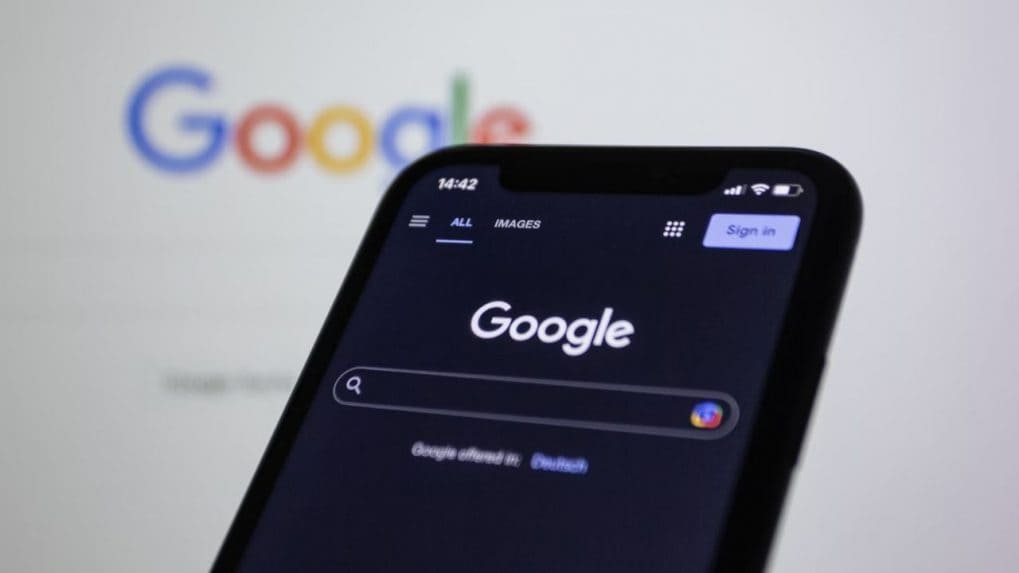U.S. Court finds Google guilty of monopolizing digital AdTech market
The ruling, which marks Google’s latest antitrust loss following its Search case, states that the tech giant’s anti-competitive practices in two key markets “substantially harmed” publishers and users on the web.
ADVERTISEMENT
A U.S. District Court has delivered a verdict in a major antitrust case, finding Google liable for monopolizing key segments of the digital advertising technology market. The ruling, which followed a three-week bench trial, concluded that Google unlawfully acquired and maintained monopoly power in the markets for publisher ad servers and ad exchanges for open-web display advertising. Furthermore, the court found that Google illegally tied its publisher ad server, DoubleClick for Publishers (DFP), with its ad exchange, AdX.
The ruling, which marks Google’s latest antitrust loss following its Search case, states that the tech giant’s anti-competitive practices in two key markets “substantially harmed” publishers and users on the web. According to the U.S. government, Google collects monopoly profits at the expense of publishers and advertisers, who suffer from a degraded experience with limited alternatives.
Judge Leonie Brinkema of the U.S. District Court for the Eastern District of Virginia said in a 115-page ruling that Google broke the law to build its dominance over the largely invisible system of technology that places advertisements across the web. The Justice Department and a coalition of states had sued Google, arguing that its monopoly in ad technology allowed the company to charge higher prices and take a larger cut of each sale.
The court found that Google engaged in unlawful tying by conditioning effective access to its powerful AdX exchange (the tying product) on the use of its DFP ad server (the tied product). Specifically, Google restricted AdX’s ability to submit real-time bids—essential for publishers to maximize revenue—only to publishers using DFP.
AdX provides access to a unique and vast pool of advertisers using AdWords (especially small and medium-sized businesses attracted through Google Search), publishers felt compelled to use DFP to avoid losing significant revenue, effectively locking them into Google’s sell-side stack.
This tying arrangement, the court ruled, stifled competition in the publisher ad server market, contributing significantly to DFP maintaining over a 90% market share and forcing rival ad servers to struggle or exit the market.
“In addition to depriving rivals of the ability to compete, this exclusionary conduct substantially harmed Google’s publisher customers, the competitive process, and, ultimately, consumers of information on the open web,” said Judge Brinkema, who also dismissed one portion of the government’s case.
Lee-Anne Mulholland, Vice President of Regulatory Affairs at Google, commented: “We won half of this case and we will appeal the other half. The court found that our advertiser tools and our acquisitions, such as DoubleClick, don’t harm competition."
“We disagree with the court’s decision regarding our publisher tools. Publishers have many options, and they choose Google because our ad tech tools are simple, affordable, and effective.”
Earlier, US President Donald Trump had signalled that his administration will continue taking a tough stance on antitrust for the tech industry.


